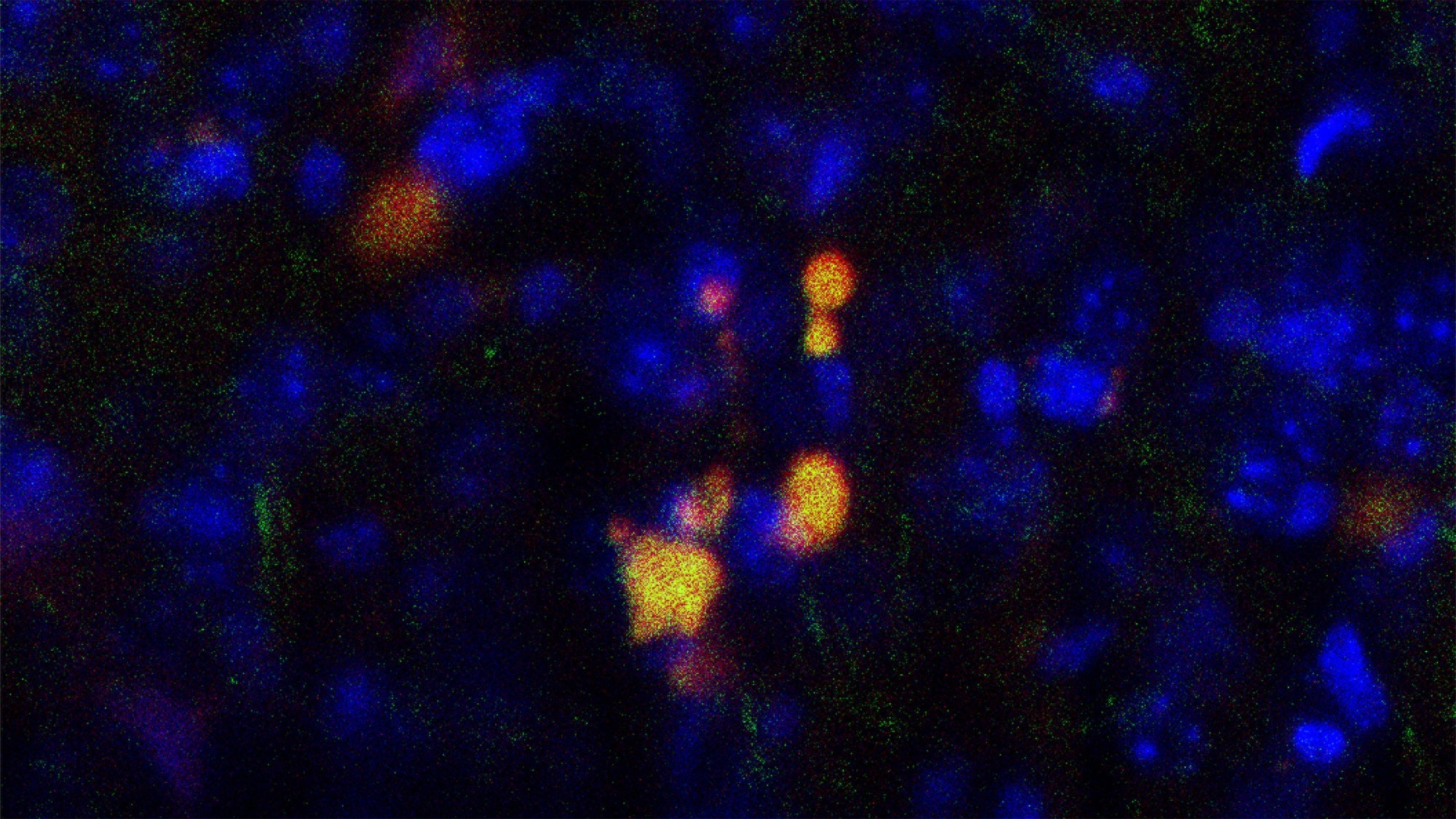The downside of ‘John Henryism’

May 19, 2021 – When Black Americans push themselves to work harder in response to the constraints of structural racism, it can take a toll on their bodies, according to epidemiologist Sherman James. Over time, the accumulated stress can lead to the early onset of cardiovascular disease and other negative health outcomes.
James, the Susan B. King Professor Emeritus of Public Policy at Duke University, spoke about the health consequences of what he calls “John Henryism” at the 172nd Cutter Lecture in Preventive Medicine on May 14, 2021, hosted by Harvard T.H. Chan School of Public Health’s Department of Epidemiology. The virtual event was preceded by the 5th Cutter Symposium, which featured three Harvard experts speaking on epidemiology and racism.
Both events were moderated by Albert Hofman, Stephen B. Kay Professor of Public Health and Clinical Epidemiology and chair of the Department of Epidemiology. James was introduced by Dean Michelle Williams.
James said his research on the cardiovascular health of Black Americans was inspired by his 1978 encounter with a man named John Henry Martin, who worked hard to free himself and his children from the sharecropper system in North Carolina—and succeeded—but developed serious health problems in his 50s, including high blood pressure, arthritis, and stomach ulcers. James saw similarities between John Henry Martin and his namesake, John Henry, an American folk hero who is said to have worked as a steel driver on railroads in the mid-1800s. According to legend, John Henry was challenged to a steel-driving contest with a rock-drilling machine, and he won the contest—but dropped dead right after.
“I began to wonder if the story of John Henry Martin was also the story of less-well-educated working-class Black folks all over America, maybe most of whom were confronted with some version of structural racism akin to the kind of circumstances that John Henry Martin faced, and were responding to those systemic constraints in a way that was not terribly different from the way that John Henry Martin responded to those constraints,” James said.
In the mid-1980s, James created a 12-item scale to measure John Henryism. It included statements such as “When things don’t go the way I want, that just makes me work even harder,” and “It’s not always easy, but I usually find a way to do the things I really need to get done.” Stronger agreement with such statements puts people higher on the John Henryism scale.
He noted that while many of the attributes of John Henryism are positive—including characteristics such as good mental health, low perceived stress, good social supports, and high levels of conscientiousness—those same positive characteristics may lead people to push themselves so hard that it takes a toll on their bodies. Repeated high-effort coping can lead to surges of stress hormones, which over time “can lead to a whole remodeling of the cardiovascular system and the onset of high blood pressure and organ damage,” he said.
James gave an overview of studies conducted over the past several decades about John Henryism and its impacts among different populations, including Black men, Black women, Black youth, rural and urban blacks, and whites. The findings have shown that socioeconomic disadvantage plays a key role in John Henryism, and that it “is clearly not exclusive to Black Americans,” James noted. He said that efforts such as increasing access to education, good jobs, and decent housing, and boosting early childhood interventions, could help mitigate the problem.
The Cutter Symposium featured Harvard Chan School’s David Williams, Florence Sprague Norman and Laura Smart Norman Professor of Public Health and chair of the Department of Social and Behavioral Sciences, and Nancy Krieger, professor of social epidemiology; and Will Dobbie, professor of public policy at Harvard Kennedy School.
Williams spoke about the unequal impact of the COVID-19 pandemic on stigmatized racial and ethnic populations in the U.S. and the U.K., and about how institutional and structural racism worsens health risks.
Dobbie spoke about reducing racial inequality in the criminal justice system by working to close racial disparities in judges’ pretrial bail decisions.
Over the course of many decades, according to Krieger, structural racism has led to the misuse of data regarding marginalized groups—either its suppression or manipulation, or even the failure to gather it in the first place. She noted, for example, that during the course of the pandemic there have been significant data gaps on the health impacts of COVID-19 on racial and ethnic minorities.
The Cutter lecture has been held at Harvard Chan School since 1912, supported by a bequest from John Clarence Cutter, a graduate of Harvard Medical School.


